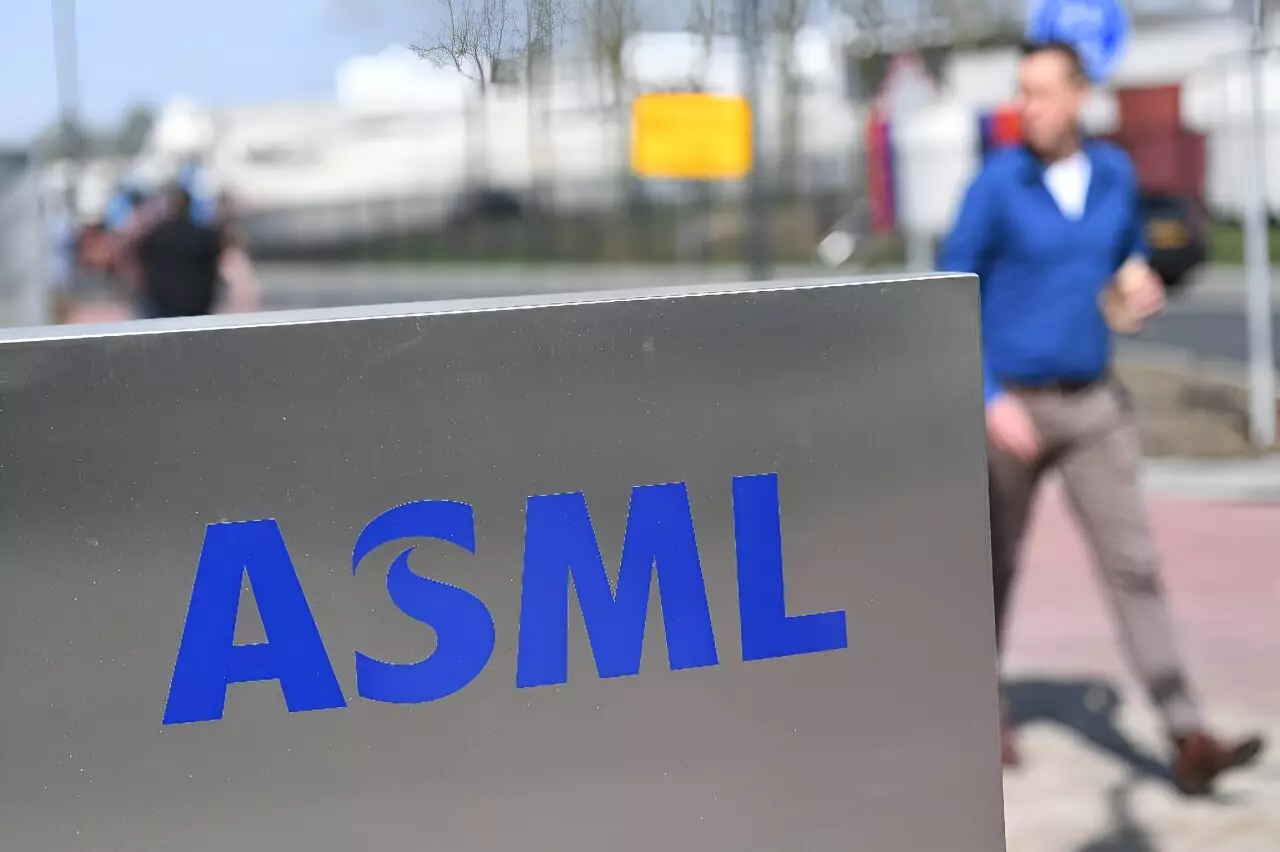As Christophe Fouquet steps into the role of CEO at ASML, the Dutch chip giant faces a myriad of challenges, especially in navigating the complex environment surrounding business with China. The semiconductor industry has become a geopolitical battleground, and ASML’s strategic importance in manufacturing machines for ultra-thin microchips puts the company at the center of this storm. Fouquet, with a background in physics and years of experience at ASML, is expected to provide continuity in leadership. However, his ability to manage the political tensions and steer the company towards growth will be closely watched.
Born in 1973, Fouquet brings a wealth of experience to his new role as CEO of ASML. His background in physics from Grenoble, France, has equipped him with the theoretical skills needed to run a tech company of ASML’s stature. With a career spanning over a decade at ASML and knowledge of the company’s customers, suppliers, and shareholders, Fouquet is considered a known entity within the organization. His previous role as vice president and chief business officer has prepared him for the challenges that lie ahead.
One of the primary concerns for Christophe Fouquet will be managing ASML’s relationship with China. With the Dutch government revoking licenses for some of ASML’s advanced machines, tensions with Beijing have escalated. Despite China accounting for a significant portion of ASML’s sales, overall orders have been weaker than expected, leading to a decline in shares. Fouquet has emphasized the importance of collaboration in the semiconductor industry, stating that decoupling the supply chain is both difficult and expensive. As geopolitical tensions continue to impact the industry, Fouquet’s diplomatic skills will be put to the test.
Fouquet will also need to navigate domestic political debates surrounding the future of ASML’s headquarters in Veldhoven, the Dutch “Silicon Valley”. With concerns about the impact of immigration policies on talent acquisition, ASML faces pressure to remain in the Netherlands. Operation Beethoven, a government initiative aimed at retaining companies like ASML, highlights the significance of the firm as a key player in the region. Despite growing concerns about expats occupying housing in the Netherlands, plans to house 20,000 employees in the Veldhoven area demonstrate ASML’s commitment to staying rooted in the community.
As Christophe Fouquet takes on the role of CEO at ASML, he faces a range of challenges, from navigating geopolitical tensions with China to addressing domestic political debates about the company’s future. Despite being a continuity candidate, Fouquet’s leadership will be instrumental in shaping ASML’s path forward. His ability to balance the company’s strategic interests with external pressures will determine ASML’s success in the years to come. Fouquet’s diplomatic approach and industry knowledge will be key assets as ASML continues to navigate the complex landscape of the semiconductor industry.


Leave a Reply